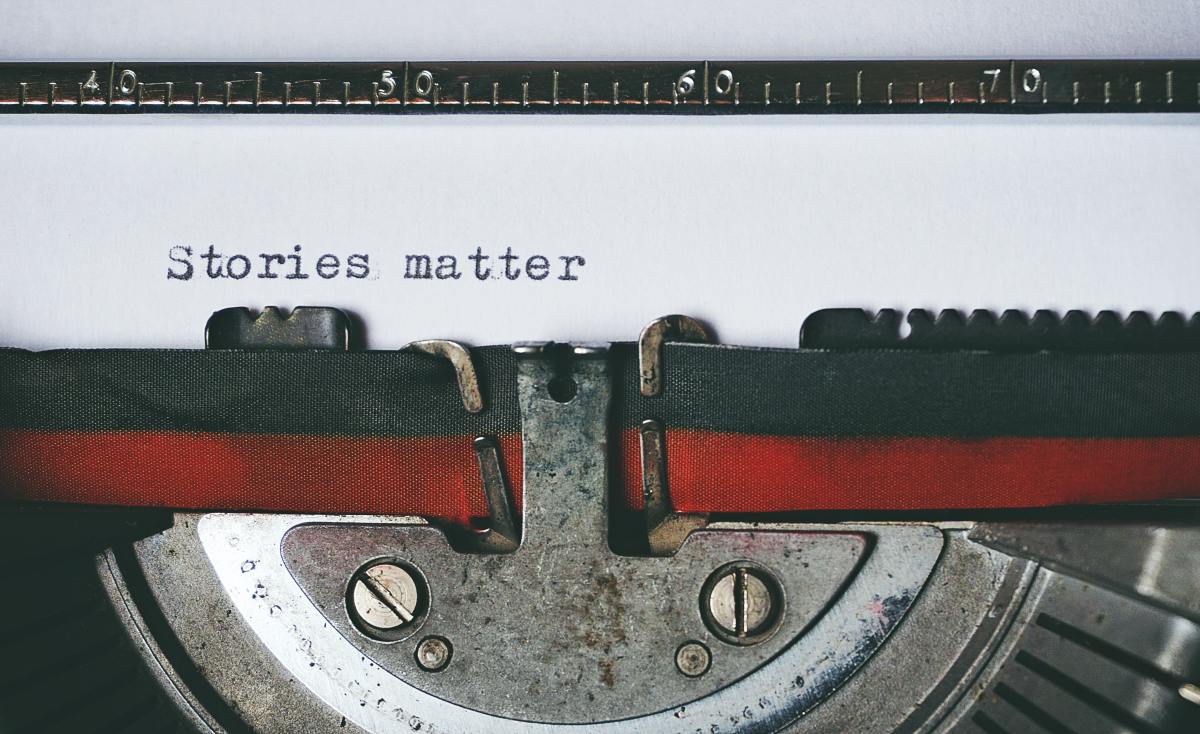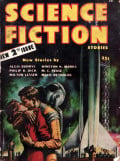Keep It Short and Simple
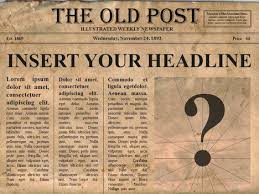

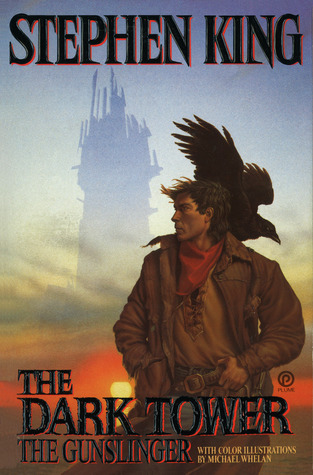
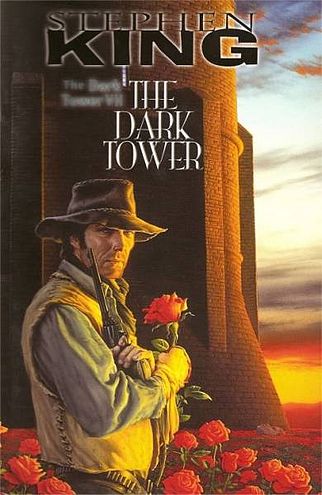
Short and Simple
When writing any story or article, try to keep it as short and simple as possible. Basically, just keep it to the point, try not to stray from your main theme too often. Even in a novel. Only put what is necessary for your plot line into your story. Normally in any form of writing, the author will put his own views or commentary into it, this is a natural thing, don't think it isn't, but, you, as a writer, can moderate the effect it can have on your audience. Think of your writing as if you were a Journalist, the main points in any article is the five 'W's' and the 'H'; Who, What, Where, When, Why, and How. Don't try to influence the reader in any way, good or bad, unless what you are writing calls for it. If you are writing an opinion piece, your views of course would come into play, but for a review of, let's say, a book, your opinion only matters at the end, where you evaluate the merits of the piece. The style and form of the writing always, I repeat, always, will put that story or article into the proper category. When you write, be it a short story, or an inspirational piece, or a novella, or even a 'Great steam shovel' of a novel as quoted by Steven King, do not worry about the word count of your piece. As the words flow and the sentences come together and your piece forms on the paper, the word count will be what it is. Do not necessarily worry about that from the outset. After it is finished and edited, worry about the mundane pieces to the puzzle. If you need more, or less, after you have finished, then go back and see what you can do to either shorten or lengthen the piece according to guidelines you have for what you are doing. In any writing endeavor you will usually have guidelines on how long the piece should, or should not be, strive to accomplish this task in the most concise way that you can.
A short story is approximately 2500 words in length, it is a complete story with a plot. Anything more than that is usually considered either a novella or novel. Depending on who you talk to, or where you get your information, a novella is anything over 17,500 words, up to 40,000 words, and some sources say as high as 70,000 words. And of course anything over that is considered a novel.
If you have read my hubs, you may have noticed that they tend to be short. When I write, I try to keep it as short and informative as possible. I know this isn't a fast and true rule when it comes to writing, everyone has their own views when it comes to doing it, but getting off track and wandering into territories that don't make sense, or don't add to the piece usually throw readers into confusion. Making comparisons and showing examples are a fine way to get your point across, but it does tend to throw your audience a curve ball, if what you're comparing has nothing to do with what you are writing about. Don't be afraid to do it, but try to be as concise with it as you can. Straight shooting is always the best when explanations are necessary. Think of it as explaining something to your three year old. (Please don't get me wrong on this, I don't mean to denigrate anyone, or make lite of one's reading skills, but usually if you can explain it to a three year old, anyone can understand.) Have you ever tried reading a manual about computer skills? Think on this, why do you think the manual Computer Skills for Dummies was written?
Manipulation of any writing form happens every time a writer puts pen to paper. Literature is the oldest of the art forms, it's been the basis for all the rest. From prehistoric, to medieval times, to the modern era of writing, Literature has influenced and manipulated all the others. From great works of art, to drawings in the prehistoric caves of the Arctic, they have all been, and always will be, influenced by Literature of one kind or another. Literature recreates an experience of one kind or another. it can be one of three kinds; emotional in nature, intellectual, or physical; but it manipulates it so it always emerges distinct from reality, through the authors selection of aspects of his/her experiences and details. The author only tells you what he/she wants you to know. Short and simple, to the point.
Have you ever heard the saying, "Keep it Simple Stupid"? Call it the KISS method. This is how you should face all of your writing. Simple and concise. Think about it for just a moment and you might agree. This goes back to what I've already stated; how would you explain how to bake a cake to a ten year old? Or how about: explain the workings of a toilet. Or even: How would you explain the concept of FAITH to an atheist.
KISS me people. KISS me.
As always, have fun! Happy Writing.

